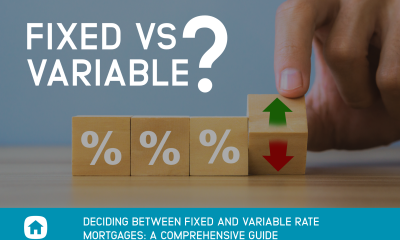TORONTO — The federal government’s tax information call centres have received a D grade on a new report card from the Canadian Federation of Independent Business.
The group says overall quality of service was lower and wait times were longer than in previous analysis of the Canada Revenue Agency’s call centres, although callers no longer encountered busy signals.
It found 49 per cent of the 200 test calls made by CFIB employees in June 2019 couldn’t be completed due to excessive wait times, blocked calls or disconnects.
That’s up from 30 per cent of calls that couldn’t be completed in a 2016 test and only 20 per cent that couldn’t be completed in 2012.
The CFIB also says CRA agents provided incomplete or incorrect information in 41 per cent of the cases where its callers received an answer, compared with 31 per cent in the 2016 report card and 24 per cent in 2012.
Canada Revenue Agency says it’s already working on improvements, such as providing an estimated wait time to speak with a senior agent and a feature that allows callers to keep their priority without staying on hold.
“We are also making continuous improvements to our web content, and will soon introduce a chatbot to help make it easier for Canadians to find information online,” CRA spokesman Etienne Biram said in an emailed statement.
“These are just first steps. We know there is more work to be done, and we are taking steps to better meet Canadians’ needs.”
CFIB says its staff posed questions based on four typical business scenarios, such as a consulting company asking how to apply goods and services tax if it operates across the country.
The GST question, which has been posed in previous CFIB tests, was answered incompletely 30 per cent of the time and incorrectly 23 per cent of the time — resulting in callers receiving acceptable answers only 47 per cent of the time.
Another repeat question about applying employment insurance premiums received no erroneous answers and was answered completely 51 per cent of the time and “above and beyond” in 13 per cent of the cases.
The other two scenarios were new additions to the 2019 analysis, one about capital cost allowances (answered acceptably 50 per cent of the time) and another about car allowances (answered acceptably 81 per cent of the time.)
Regarding time required to get answers, the CFIB said that front-line agents connected with English-speaking callers within 30 minutes in 98 per cent of the cases — an improvement from 64 per cent during the 2016 test.
However, the CFIB says that the employment insurance and capital cost allowance questions could only be answered by a senior agent, and the average wait time for a transferred call was 59 minutes.
The business group recommends that the CRA train frontline agents to answer a larger percentage of complex questions, so that fewer calls have to go to a senior agent, and additional senior agents to reduce wait times.
Corinne Pohlmann, CFIB’s senior vice-president of national affairs, says small business owners rely heavily on CRA to give them the answers they need to be compliant with the law.
“They don’t just deal with CRA once a year. They deal with them constantly . . . .and they rely on the CRA to provide them with the answers they need, when they need them,” Pohlmann says.
Pohlmann says the business owners are also in a vulnerable position during an audit if the CRA call centre provides incorrect information or if the error is made by an accountant or book keeper hired by the company.
She says one tool that provides some protection is the CRA’s My Business Account online portal, which commits to respond electronically in writing within 10 business days.
If the agency’s information is later found to be incorrect in an audit and there’s written evidence that the business did its due diligence, then the CRA won’t impose penalties.
“It’s the only avenue that gives some accountability to the CRA and allows the business owner some protection,” Pohlmann says.
This report by The Canadian Press was first published Jan. 7, 2020.
David Paddon, The Canadian Press

 Buying a Home5 years ago
Buying a Home5 years ago
 Credit6 years ago
Credit6 years ago
 Business4 years ago
Business4 years ago
 5 Mortgage Secrets7 years ago
5 Mortgage Secrets7 years ago
 Buying a Home6 years ago
Buying a Home6 years ago
 5 Mortgage Secrets6 years ago
5 Mortgage Secrets6 years ago
 News12 months ago
News12 months ago
 Business4 years ago
Business4 years ago




